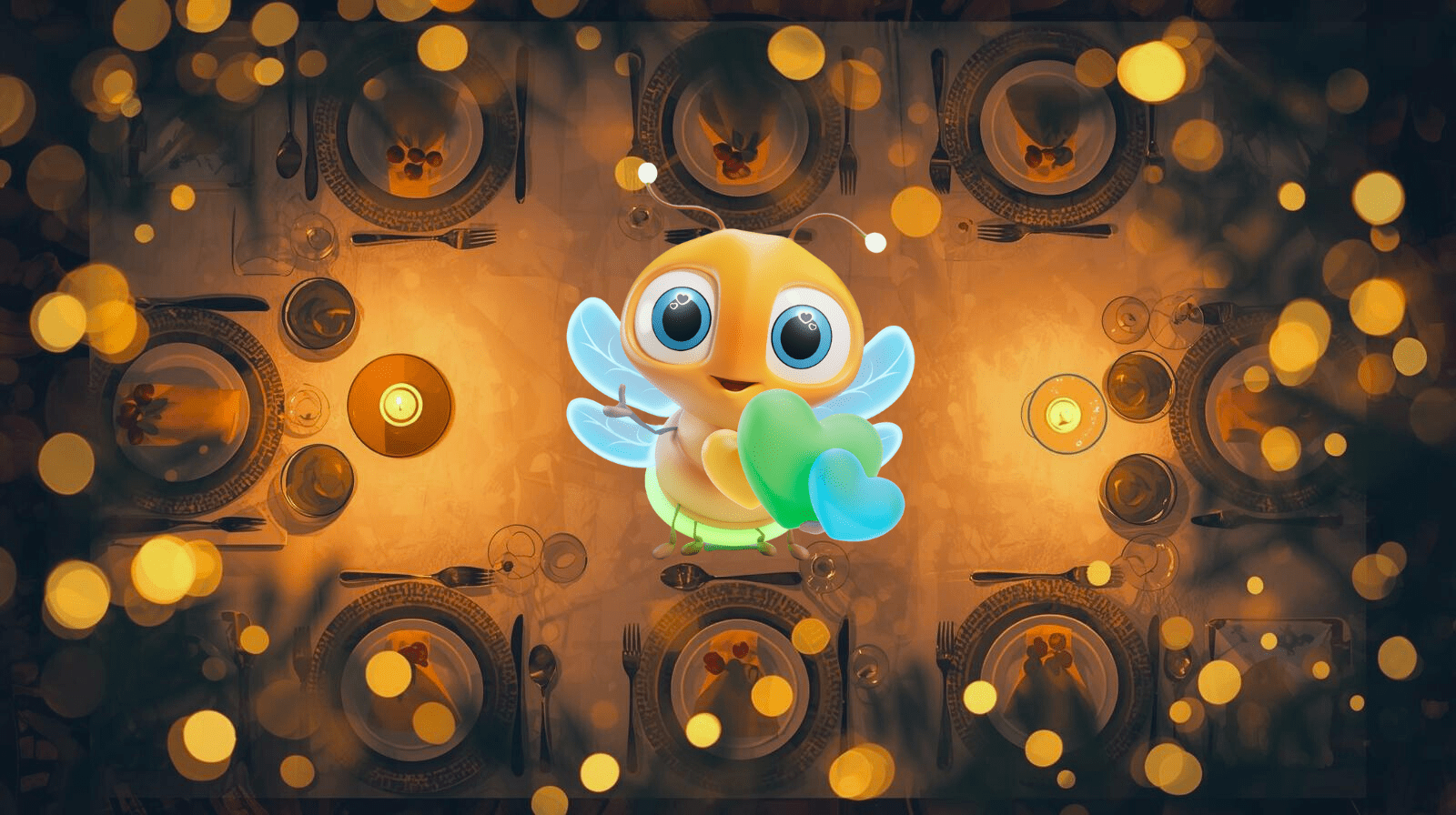AI for Mental Health: A Double-Edged Sword?
The rise of AI in mental health support has been met with both excitement and skepticism. AI tools are giving people a new way to seek emotional support and guidance when they need it most. Yet more and more we’re becoming aware that relying too heavily on AI – especially for mental health – can have unintended consequences.
Concerns have been raised about people over-relying on chatbots which, while offering comfort, cannot replace the nuanced care of a human therapist. Meanwhile, platforms like Replika intended to support users have unintentionally deepened loneliness or provided inadequate advice when it comes to more complex emotional issues.
The Upside: Emotional Support When You Need It
It’s no secret that many people turn to AI for a comforting chat when they’re feeling down or anxious. Whether it’s a quick question about how to manage stress or just needing someone (or something) to talk to, AI chatbots like our Lumi can provide real-time emotional support. This is especially true when you need something immediate, but don’t have access to a therapist at that moment. Research has shown that some AI tools can help reduce feelings of loneliness and offer comfort.
But here’s the key takeaway: AI is not meant to replace a licensed mental health professional. If you’re dealing with deep, ongoing mental health issues, a chatbot cannot replace the expertise and personalized care a therapist can provide.
AI works best when it’s used as an emotional support tool, not a replacement for therapy.
Think of AI like an improv partner. When you ask it questions, it responds with empathy and validation. It says “Yes, and…” even when sometimes “No, but…” might be the more accurate answer. While this kind of supportive engagement can help people feel heard, it doesn’t challenge the person to confront difficult emotions in the same way therapy does.
Conflict or tension is often where growth and healing happen—something AI avoids to maintain a positive, non-confrontational experience.
Therapy vs. Emotional Support: What’s the Difference?
The difference between therapy and emotional support lies in their purpose and structure. Therapy is about change—working through tough issues, addressing past trauma, and learning how to process emotions healthily. A therapist will guide you through these processes, even when it’s uncomfortable. A meta-analysis of psychotherapy for depression found that psychotherapy delivers long-term benefits, particularly in treating depression.
In contrast, emotional support is about validation—helping you feel understood, offering comfort, and providing suggestions or coping mechanisms to help you through tough moments. While AI can be great for the latter, it can’t help you navigate the complexities of your past, your unconscious mind, or your emotional growth in the same way therapy can.
AI’s Evolving Nature: What Works Today Might Not Work Tomorrow
Another challenge is that AI models are constantly evolving. One moment, a model may be providing great emotional support. But when updates or changes are made to the algorithm, it may not feel like the same AI that once provided a sense of comfort. This can create an unsettling experience for users, as the tool may not function as it once did. This change in performance is a potential drawback in AI for mental health tools.
Different models also come with different built-in features. What works for one person may not be as effective for someone else. AI tools are built to give you personalized support and can adapt to your needs, but it’s always worth staying aware of any changes to the model that might affect your experience.
A Final Note: AI Isn’t Perfect, But It’s Still Helpful
Using AI for emotional support can be incredibly beneficial, especially when used in tandem with traditional therapy or as a way to supplement your mental wellness routine. The Life and Me app provides tools like Lumi, a chatbot that’s designed to listen to how you’re feeling, help you reflect through journaling, and encourage goal setting to improve your overall well-being.
If you’re curious about how AI can support your emotional health, give the Life and Me app a try. Talk to Lumi about your feelings, create journal entries to explore your thoughts, and set actionable goals to make positive changes in your life.
But remember: while AI can support your emotional needs, it’s always important to seek professional help when you need it.



